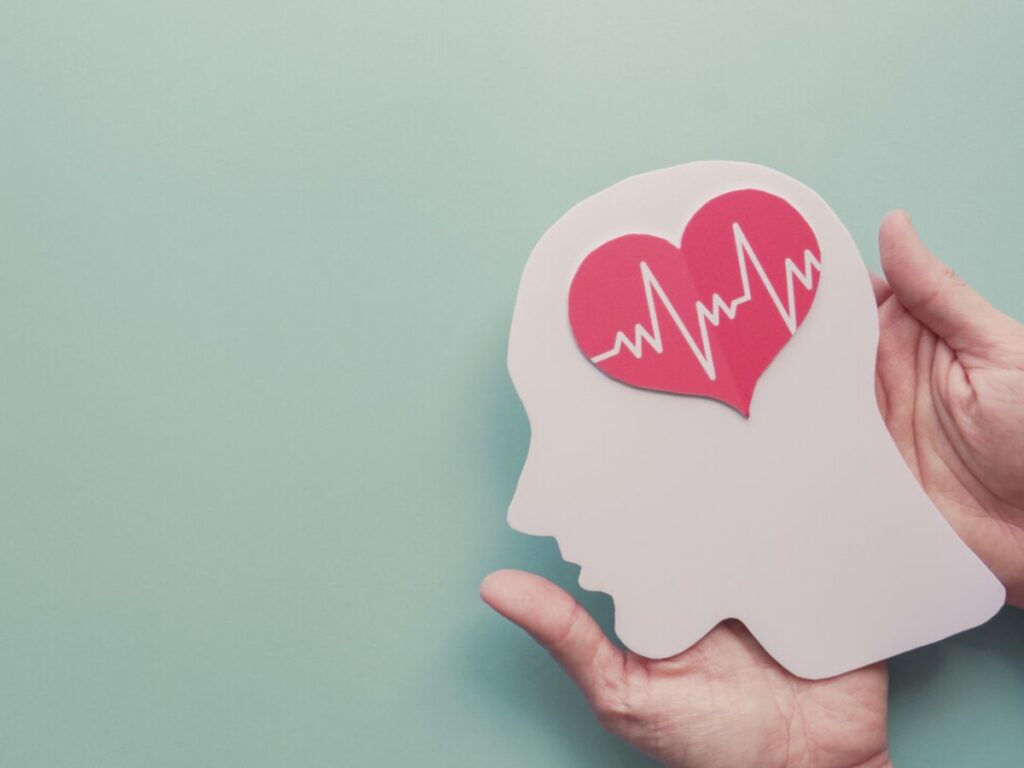
Today, stress, anxiety, and depression have become widespread problems in our fast-paced world. While treatment and medication are important elements of mental health care, mindfulness has proven to be an effective adjunct practice. Drawn from ancient traditions yet supported by modern scientific inquiry, mindfulness can provide strong benefits for mental health, including increased awareness, lessened stress, and greater emotional well-being.
What Is Mindfulness?
Mindfulness is an intentioned awareness of the current moment as it is, free of judgment. It encourages increasing one’s awareness of their own thoughts, emotions, and physical sensations as they emerge, and accepting these non-resistively. All of these can be achieved by techniques such as meditation, mindful breathing, or mindful movement.
The primary principles of mindfulness include
Present-Moment Awareness: Engaging fully with the here and now rather than dwelling on the past or worrying about the future.
Non-Judgment: Witnessing experiences without categorizing them as positive or negative.
Acceptance: Embracing thoughts and feelings as they are without attempting to change or suppress them.
The Science Behind Mindfulness
Advances in neuroscience have given insight into how mindfulness affects the brain and body. Research has shown that regular mindfulness practice has been proven to:
Alter Brain Structure: Studies using neuroimaging have found that mindfulness increases the density of gray matter in brain regions associated with learning, memory, and emotional regulation, such as the prefrontal cortex and hippocampus.
Reduce Activity in the Default Mode Network (DMN): The DMN, active during mind-wandering and self-referential thinking, is often overactive in individuals with anxiety and depression. Mindfulness helps quiet the DMN, promoting a sense of calm and focus.
Reduce Stress Response: Mindfulness reduces the levels of stress hormones, such as cortisol, and enhances the activity of the parasympathetic nervous system, which is associated with the relaxation response in the body.
Increase Neuroplasticity: Repetitive mindfulness practice creates the ability of the brain to form new neural connections, making it more malleable and resistant.
Mental Health Benefits of Mindfulness
It has extensively been researched on how it affects mental health. All these studies have established the wide-ranging effectiveness of mindfulness interventions in treating a large percentage of conditions.
1. Anxiety and Depression Reduces
Mindfulness-based intervention such as MBSR and MBCT, the intervention helps reduce the symptomatology of anxiety and depression. These interventions educate an individual to observe thoughts and feelings without getting overwhelmed and hence breaking the cycle of ruminations and negative thought processes.
2. Stress Management
Mindfulness promotes relaxation and reduces the physiological impact of stress, enabling people to handle challenges in life more effectively. Techniques like mindful breathing and body scan rapidly decrease stress levels by anchoring attention in the present moment.
3. Emotional Regulation Improvement
Mindfulness makes people more aware of emotional triggers and responses, so they can think before acting rather than reacting impulsively. Emotional regulation can improve relationships and well-being.
4. Enhancing Sleep Quality
Insomnia and other sleep disorders often are associated with stress and racing thoughts. Mindfulness techniques, especially mindful breathing and progressive relaxation, calm the mind and prepare the body for restful sleep.
5. Addiction Recovery Support
Mindfulness decreases cravings and prevents relapse in a recovering substance use disorder population. It increases the awareness of triggers and teaches non-reactive responses to empower choices.
Practical Ways to Practice Mindfulness Every Day
Mindfulness is the ability to develop with frequent practice. Here are a few simple ways to make mindfulness a part of your daily routine:
Begin your day mindfully: Spend a few minutes of mindful breathing or meditation before the day begins, so that the tone of the day is positive.
Mindful eating: Savor every bite. Focus on the flavor, texture, and scent of the food.
Take mindful breaks: Check in with your body and mind throughout the day. Be aware of your breath and any sensations without judgment.
Do some mindful movement: Activities like yoga, tai chi, or even just walking can become mindfulness by paying attention to sensations in your body and breath during exercise.
End your day by focusing on gratitude: Try to think of some of the good things about your day, no matter how small. This enhances your feelings of contentment and reduces stress.
Role of Mindfulness in Long-term Mental Health
Mindfulness is not a quick fix but a lifelong practice that significantly enhances mental health over time. Its benefits extend beyond symptom relief, fostering greater self-awareness, purpose, and connection. For individuals experiencing chronic mental health challenges, mindfulness complements other treatments and serves as a valuable tool for relapse prevention.
Overcoming Barriers to Mindfulness
While mindfulness has many advantages, some people find it hard to initiate or maintain a practice. Common obstacles include:
Difficulty Concentrating: Begin with brief practices and increase the length of time as your ability to focus improves.
Feeling They Don’t Have Enough Time: Bring mindfulness into your daily routine by doing it while brushing your teeth or driving to work.
Skepticism: Be open-minded about mindfulness and allow it time to show its impact.
Summary
Mindfulness science is one of the great examples that underscores its transformational potential in mental health. It enables the development of present-moment awareness, reduces stress, and helps develop emotional resilience in coping with life’s challenges. According to Dr. Neha Gupta, a Pimple Saudagar, Pune-based neuropsychiatrist, mindfulness works as a supplement to the traditional mental health treatments and ensures long-term well-being. Embracing mindfulness is a step toward improving



